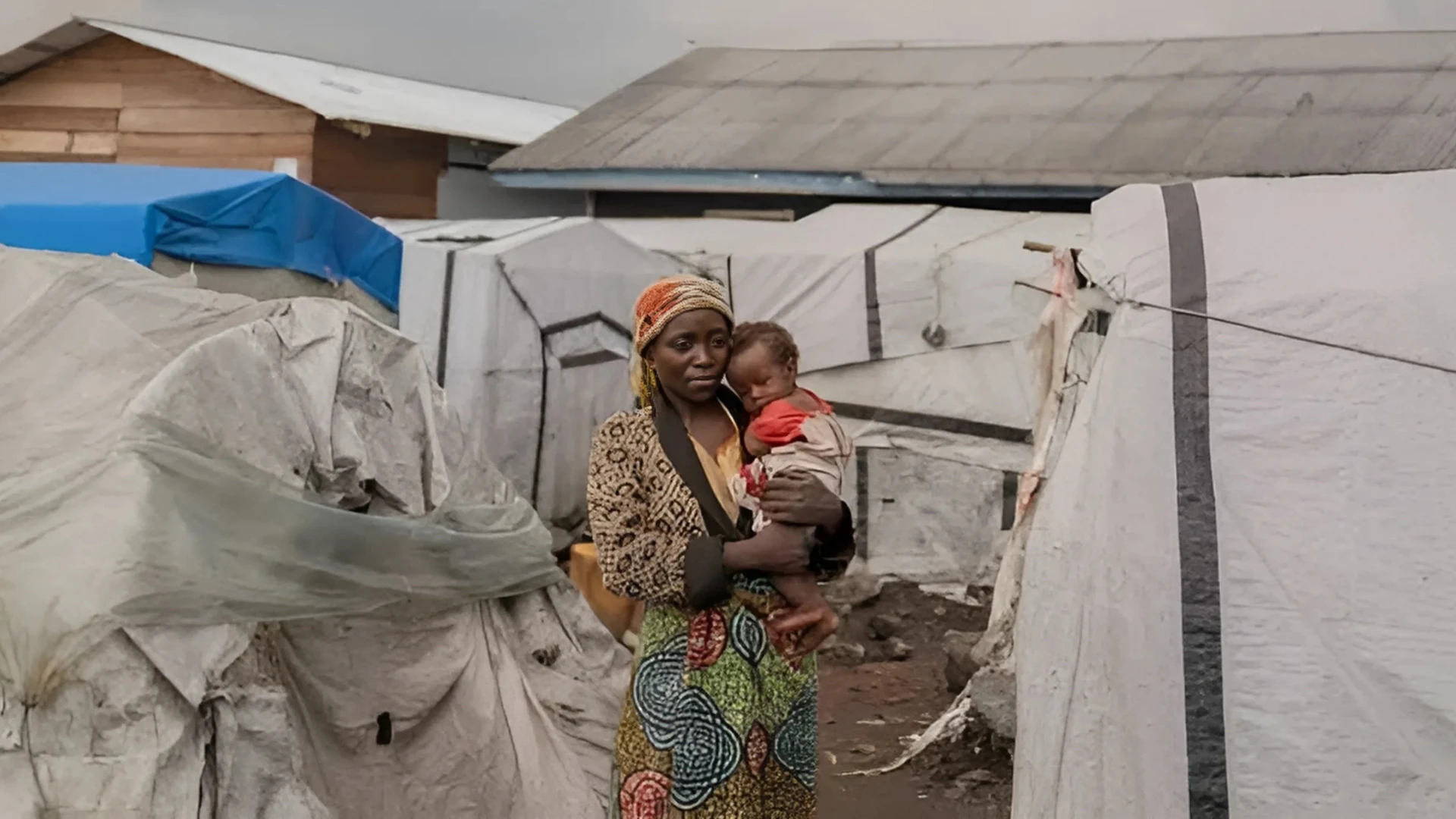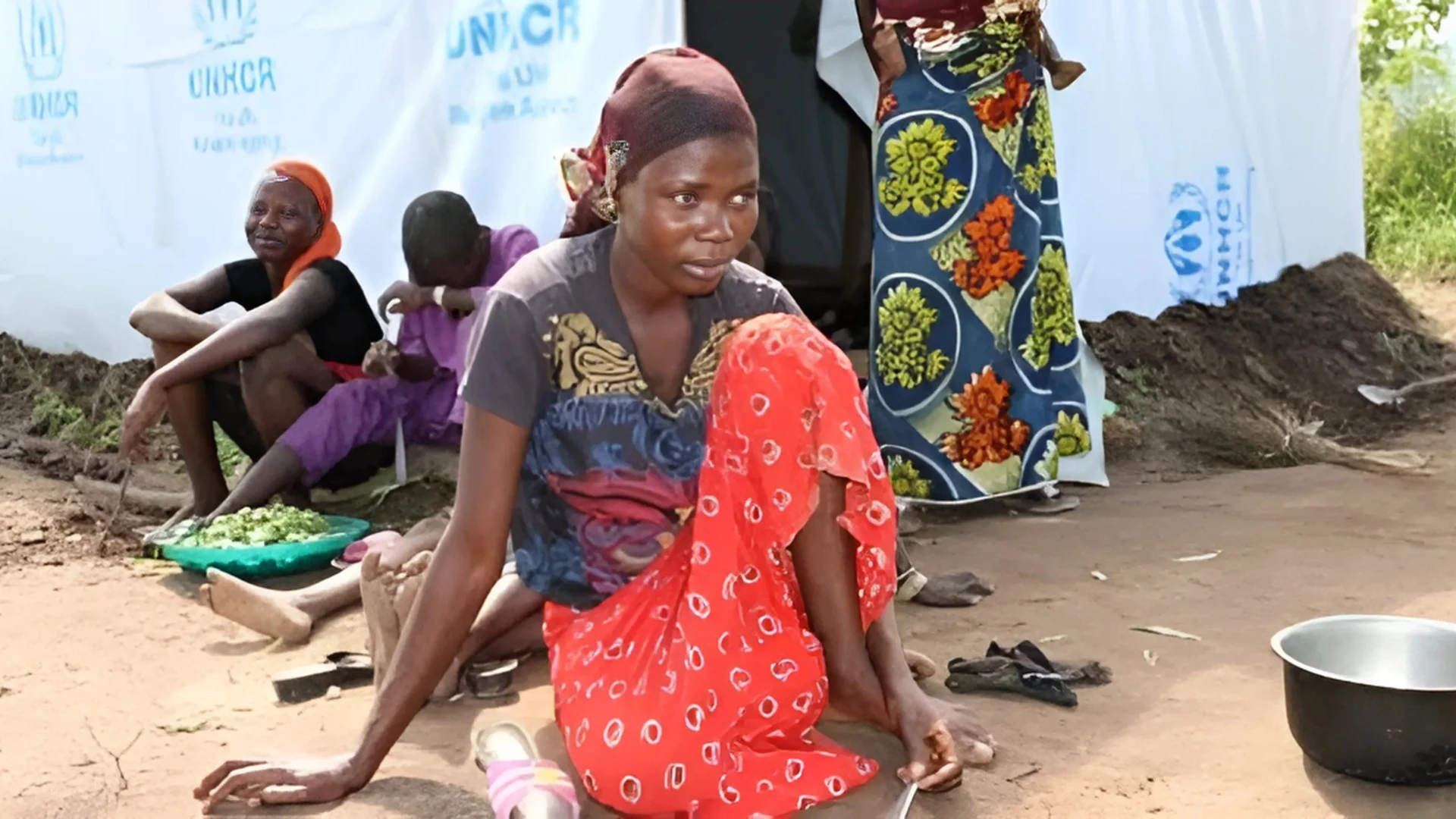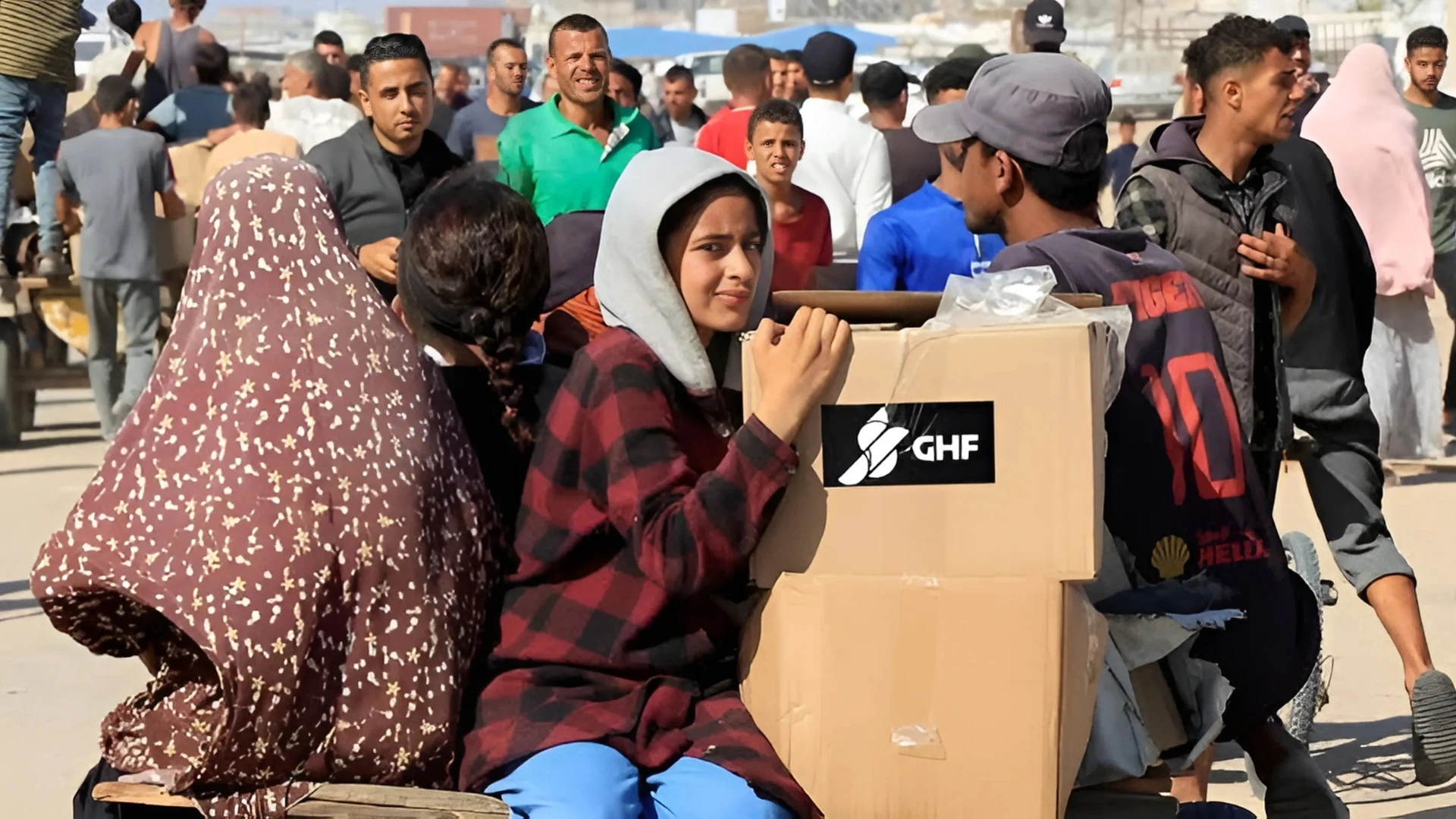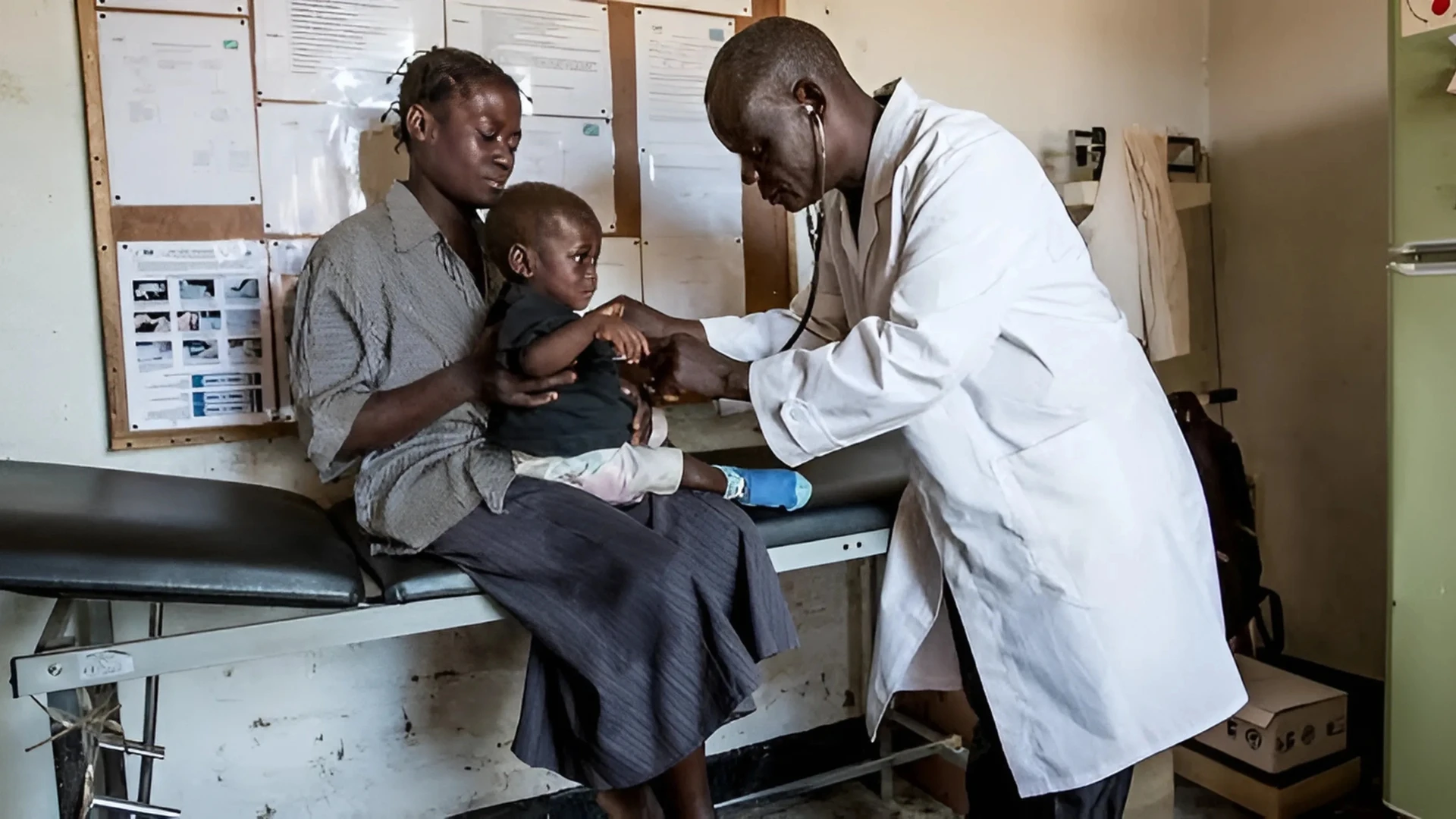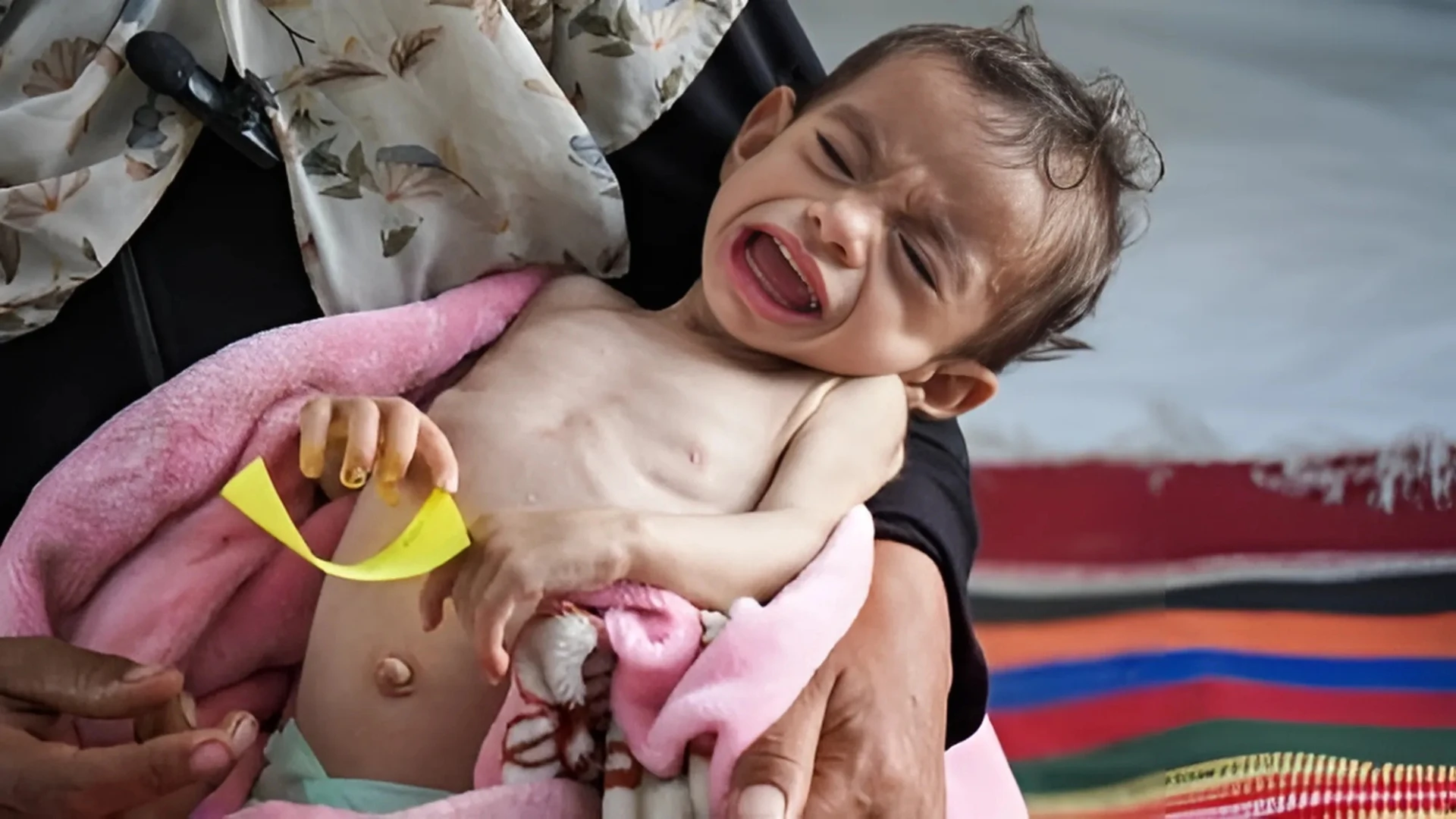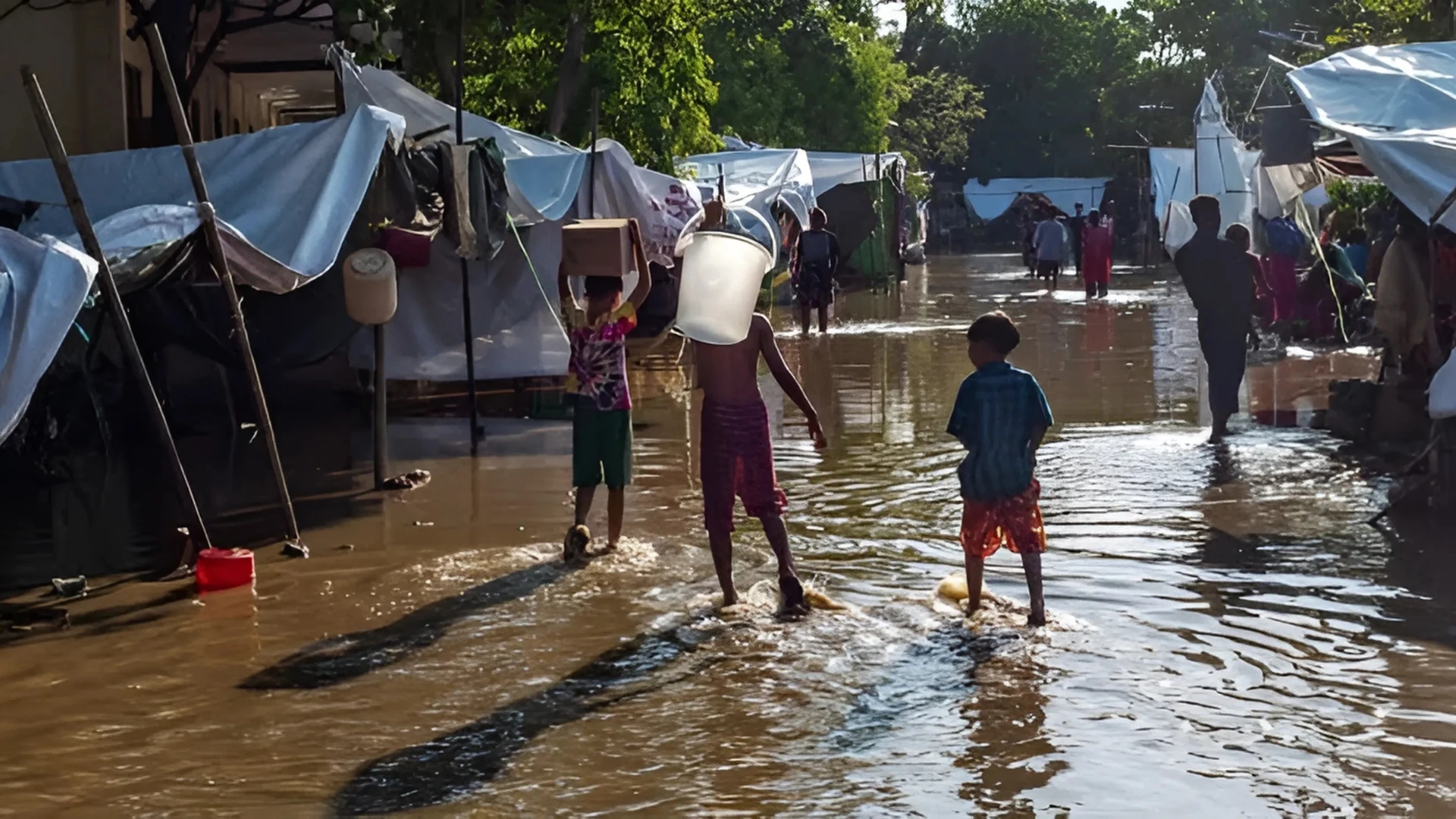Kinshasa: The Trump administration’s decision to cancel a vital U.S. aid contract supplying emergency medical kits to rape survivors in the Democratic Republic of Congo has left thousands without access to essential treatment, United Nations officials and humanitarian groups revealed.
The $100,000 contract, which had not been previously reported, was intended to deliver post-rape kits to over 2,000 health centres in Congo’s conflict-ridden eastern provinces throughout the year. These kits include emergency contraception and medication to prevent HIV and other sexually transmitted infections—lifesaving interventions that must be administered within 72 hours of an assault.
Following a 90-day suspension of foreign aid initiated by President Donald Trump upon taking office in January, the U.S. Agency for International Development (USAID) halted the contract. Aid groups say this move came just as sexual violence was surging in eastern Congo due to renewed conflict.
Rwanda-backed M23 rebels escalated violence in the region earlier this year, seizing major towns and displacing civilians. Since then, more than 67,000 cases of rape have been reported, with the actual number likely much higher, according to UN estimates.
The kits, funded through USAID, were pulled just as they were scheduled to be delivered by March. The move followed an announcement by billionaire Elon Musk—who was leading a government efficiency initiative under Trump—that USAID would be shut down.
Noemi Dalmonte, deputy head of the United Nations Population Fund (UNFPA) in Kinshasa, said the decision caused an immediate and severe disruption to the medical supply pipeline. “The U.S. NGO involved had to end its operations without delay,” she said.
According to UNFPA documents -cited by Reuters-, only seven of 34 health districts in North Kivu still have any post-rape kits available. Just 13% of survivors seeking help receive HIV prevention medication within the critical 72-hour window.
“This kit is absolutely essential,” said Amadou Bocoum, the Congo country director for CARE International. “It gives survivors hope—assurance they won’t get HIV, won’t face an unwanted pregnancy, and won’t suffer untreated infections.”
Despite the U.S. State Department’s stated commitment to continuing global life-saving aid, there has been no reversal of the contract cancellation. Trump has long argued that the U.S. contributes disproportionately to international aid and has called on other countries to increase their share.
Last year, the U.S. allocated $65 billion to foreign assistance—almost half of it through USAID. With that funding now frozen in Congo, UNFPA and partner organisations are urgently seeking $35 million from other donors, including the Gates Foundation and Western governments, to bridge the gap.
UNFPA warns that the fallout from the contract cancellation includes a rise in preventable deaths, HIV transmission, unsafe abortions, and maternal mortality, underscoring the human cost of halting critical aid programs during times of crisis.


